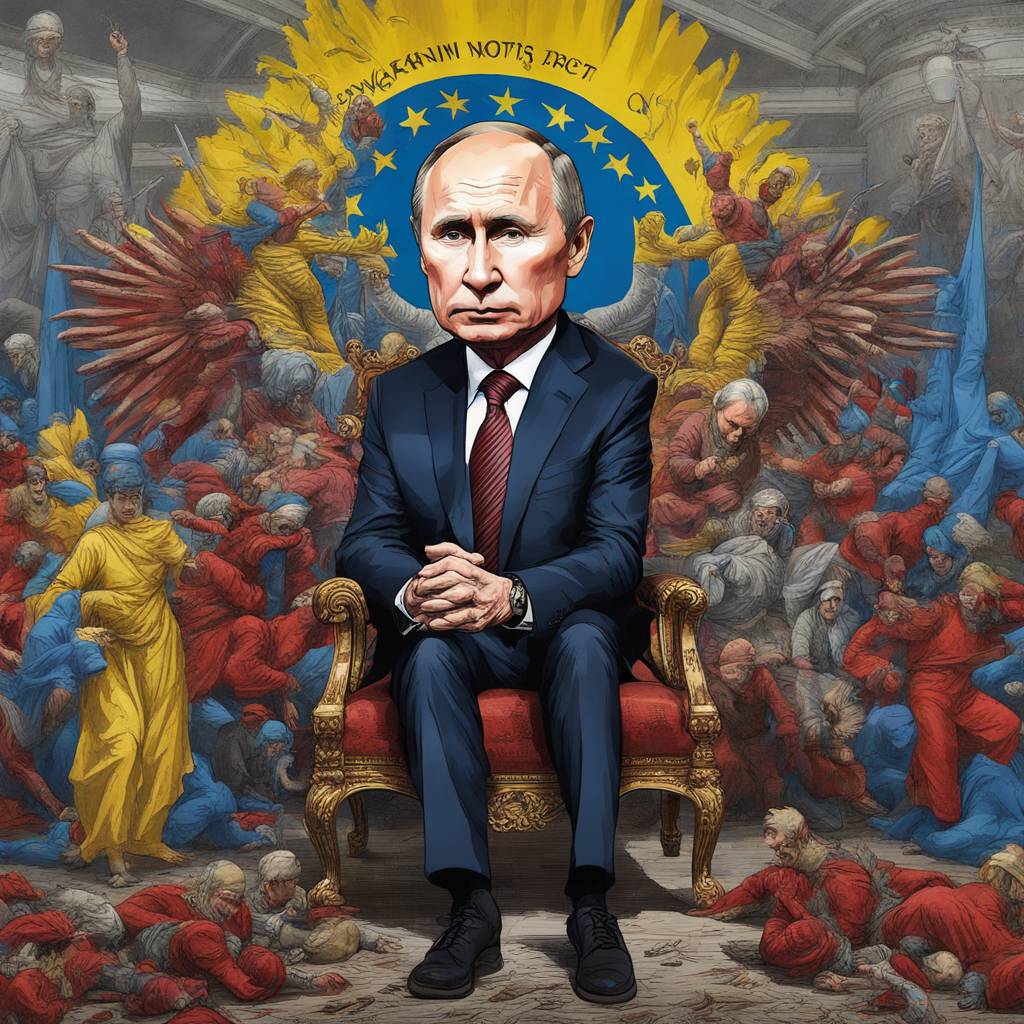Last week’s terrorist attack at a Moscow concert hall, which killed 139 people, has raised questions about the strength of Russia’s security apparatus, according to former U.S. Ambassador to Ukraine John E. Herbst. Herbst pointed out that the attack indicates that Vladimir Putin’s control over the country may not be as tight as previously believed, as a tightly wound dictatorship with a vast security force would not typically experience such an incident. He argued that Russia’s focus on the war in Ukraine has weakened its internal security, leaving it vulnerable to other threats.
Luke Coffey, a senior fellow at the Hudson Institute, suggested that Russia’s war in Ukraine has diverted significant national resources away from domestic security, making attacks like the one at the Crocus City Hall music venue possible. He noted that the country has had to shift its economy to a war-time industry, affecting its security services’ ability to address other threats. Coffey highlighted the strain that the war in Ukraine has placed on Russia’s resources, with security services occupied with activities related to the conflict rather than focusing on potential internal threats.
Russian President Vladimir Putin was quick to link the attack to Ukraine, despite later acknowledging that “radical Islamists” were behind it. However, he continued to accuse Ukraine of potential involvement, despite strong denials from Kyiv. It was later revealed that the U.S. had confidentially shared concerns about an imminent terror attack with Moscow, but Putin dismissed these warnings as attempts to frighten Russians and blackmail the Kremlin. The involvement of ISIS-K, an ISIS affiliate in Afghanistan, claiming credit for the attack further undermined Putin’s narrative.
The four suspects in the attack, all nationals of Tajikistan, were charged in a Moscow court and ordered to remain in custody pending an official probe. Reports surfaced of the suspects being tortured during interrogation, raising concerns about the validity of their testimony. Ivana Stradner, a research fellow at the Foundation for the Defense of Democracies, characterized the Kremlin as “fragile” and “Unstable,” pointing to last summer’s attempted mutiny by the founder of the mercenary Wagner Group as evidence. She suggested that the West could exploit this vulnerability to its strategic advantage.
ISIS has long viewed Russia as an enemy due to its intervention in Syria, alliance with Iran and the Taliban, and actions in Afghanistan. These factors have made Russia a target for ISIS, with the group claiming responsibility for various attacks in the country, including the downing of a Russian passenger plane over Sinai in 2015. The group’s enmity towards Russia is rooted in its alliances and actions in conflicts where ISIS is also involved. Russia’s cooperation with regimes and groups that oppose ISIS has further fueled the animosity between the two parties.
Overall, the terrorist attack in Moscow has highlighted vulnerabilities in Russia’s security apparatus and raised questions about Putin’s control over the country. The diversion of resources to the war in Ukraine has weakened the country’s ability to address internal threats, making it susceptible to attacks like the one at the concert hall. The involvement of ISIS-K in claiming credit for the attack further complicates the situation, as Russia faces threats from various groups due to its actions in conflicts in the Middle East and Central Asia. The West could potentially leverage Russia’s perceived fragility to advance its strategic interests in the region.


